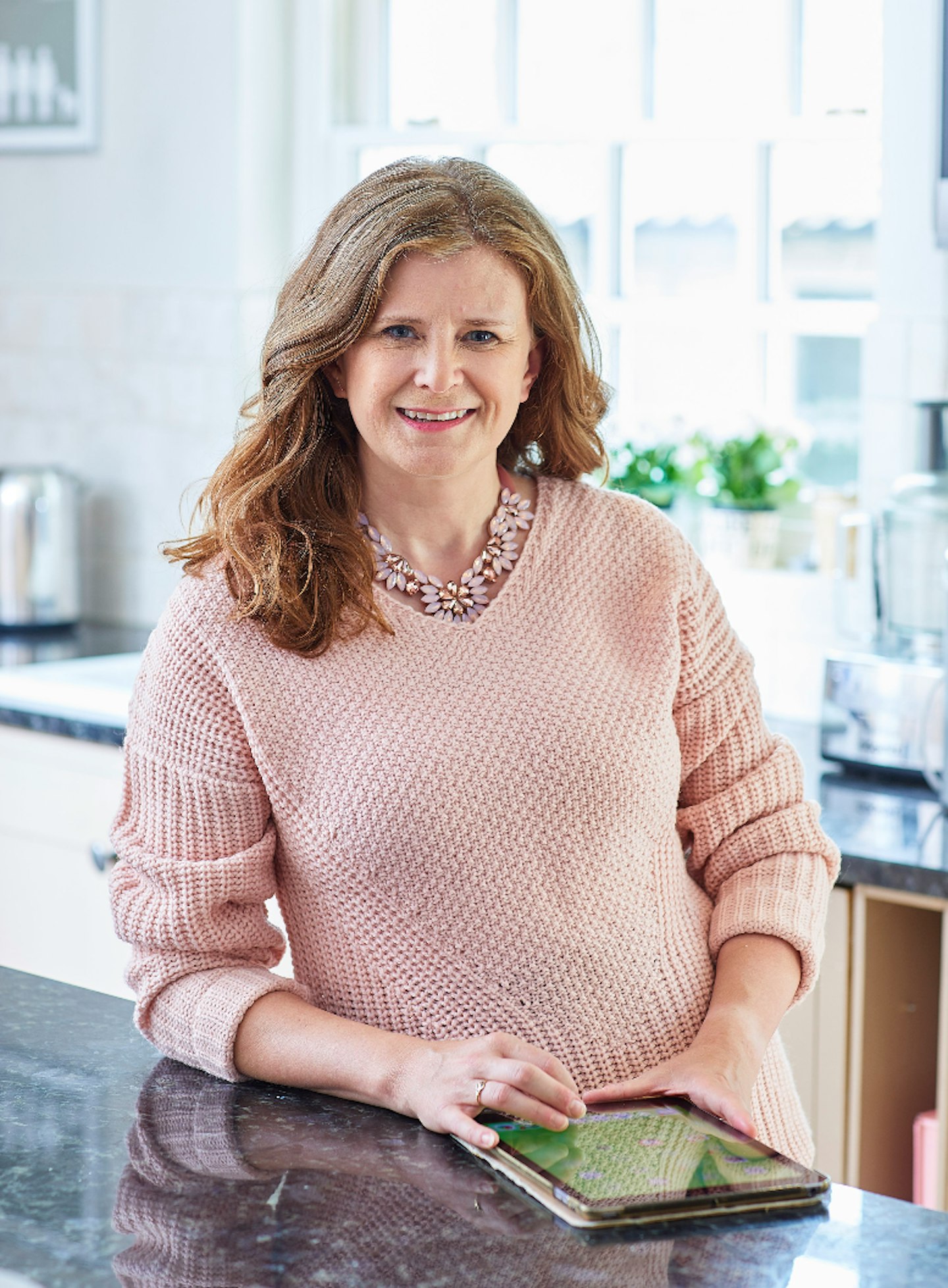“If I told you we’ve discovered a simple way to lift your mood, boost your energy, grow your confidence and even improve your memory, I’m sure you’d be interested!," says Yours Magazine Editor, Sharon Reid.
"To celebrate my 50th birthday, I challenged myself to try 50 new things and as I ticked off each new experience, I noticed a hugely positive effect on how I feel."
We decided to roll it out to Yours with our massively popular Fit Mind 50 challenge - and this year we're giving it a rebrand! The new and improved 50 over 50 challenge is for all those who are all looking for exciting ways to inject a little newness into their lives.
"Planning trips or activities and coming up with inventive adventures in everyday life has made me more optimistic, creative and sociable," adds Sharon.
"That’s why we’re asking you to join our challenge of trying 50 new things by signing up for the Yours 50 over challenge. It’s designed so anyone can do it, anywhere, and it’s free.
"We’ve got lots of ideas to get you started and many of them can be done from the comfort of your own home. So sign-up today and see what you could achieve tomorrow!”
Protect your memory Lift your mood, boost your energy, grow your confidence
Sign up here today...

And join the fun on the 50 over 50 Facebook group here!
Experts reveal how getting out of your comfort zone and having new experiences could transform the way you feel...”
It's food for our mood
Trying new things helps us feel better in ourselves because it triggers an important change in our brains.
Your brain has nerve cells – called neurons – that, like little postmen, move messages around your body, allowing you to carry out all sorts of actions. For years, scientists thought (rather gloomily!) that we were all born with the maximum number of these cells we were ever going to have.
But in more recent years scientists have found that, throughout our lives, our brains are capable of neurogenesis, where the brain creates brand-new neurons, and this has a whole host of benefits, as Gregory Caremans, a neurocognitive psychologist and founder of the Brain Academy (www.brainacademy.com)), explains: “Having more neurons has been shown to give you more energy, improve mental sharpness, increase your focus, make your immune system stronger and mainly, improve your mood and general lust for life.
“We know this because the opposite is true, too, so if you have a lower rate of neurogenesis, that often correlates with depression, anxiety and low energy. The best proof of that is that anti-depressants work to boost our mood by artificially increasing neurogenesis.”
Neurogenesis is something studies have shown can happen right into our 80s and 90s but we have to trigger the neuron-making ourselves. One of the very best ways is by trying new things, says Gregory. “Our brains crave novelty and complexity, meaning they want not only to learn, but to have new experiences, even if it’s just a different route to the shops,” he says.
It can help beat memory loss
It’s all very new science but early studies suggest having a high rate of neurogenesis – from doing new things – might provide a kind of resilience towards conditions such as Alzheimer’s.
“It’s not that you won’t develop the disease if you’re going to get it,” says Gregory. “The physical markers of Alzheimer’s will still be there in the brain, but it seems you won’t display the symptoms, such as forgetfulness.”
One idea behind this is that Alzheimer’s destroys neurons, so if you already have plenty of neurons – thanks to lots of neurogenesis from trying new things – these will function like reserves, replacing the neurons that are killed off by the disease and allowing your brain to still function well.
Gregory adds that when you have lots of new experiences and create new neurons, your brain physically expands. Once it can expand no further because of your skull, it starts to become more compact and densely organised, as well as creating back-up files of important information. This efficient filing system means that when Alzheimer’s disrupts one part of the brain – and would normally prevent us being able to retrieve a memory or perform an action – the brain simply takes another route to find the information that’s been carefully filed as a back-up in another place.
It can slow time
If you always feel stressed by the fact life seems to be rushing you by, trying new things can make it feel like time has slowed down, according to neuroscientist David Eagleman. That’s because when experiencing something new, your brain has to collect lots of unfamiliar information and organise it into a memory which seems, in our perception, to take longer than when processing something we’ve seen before. That’s why childhood summers – when we were always doing new things – seemed to last much longer than they do as grown-ups.
Did you know? Trying something new can feel like falling in love because it triggers the release of the chemical dopamine, which we experience when we find someone attractive. Dopamine also makes us want to repeat the experience again, prompting us to try even more new things
It’s a fact
When you repeat the new activity you’ve tried, for example going to a new class every week or practising an instrument regularly, you can actually create a new neural pathway which – even more powerful than neurogenesis – makes your brain more flexible, stronger and more efficient
Most popular articles to read next
Start a gratitude journal: How to use one, prompts and the best you can buy
